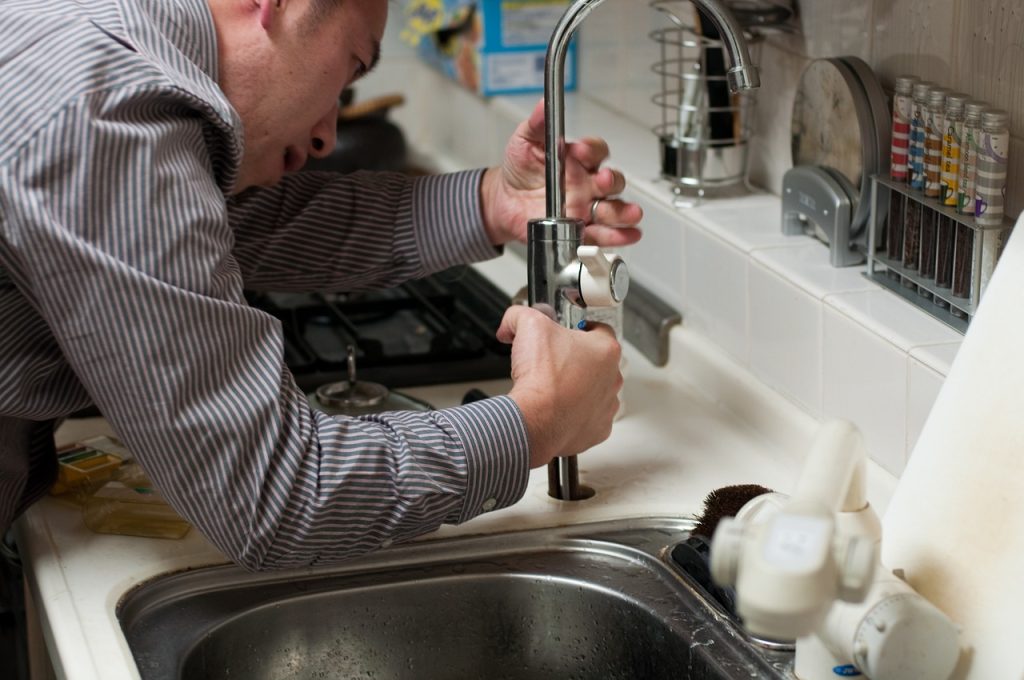
Plumbing is more than just a network of pipes and fixtures; it’s the lifeline that sustains modern living, providing essential services that ensure the comfort, hygiene, and well-being of individuals and communities. From delivering clean water for drinking, cooking, and bathing to safely disposing of wastewater, plumbing plays a crucial role in maintaining the health and functionality of our homes, businesses, and public infrastructure. Let’s delve into the significance of plumbing in our daily lives and the integral role it plays in shaping our modern world.
One of the primary functions of plumbing is to deliver clean and potable water to homes, businesses, and public buildings. Municipal water systems and private wells source water from natural reservoirs, treatment plants, or groundwater sources, which is then distributed through a network of pipes to various points of use. Plumbing systems ensure that water is safely transported and accessible for drinking, cooking, cleaning, and sanitation purposes, promoting public health and hygiene.

In addition to supplying clean water, plumbing systems facilitate the safe removal and disposal of wastewater from homes and buildings. Used water from sinks, showers, toilets, and appliances is carried away through drainpipes to sewer systems or septic tanks for treatment and disposal. Proper wastewater management prevents contamination of water sources, minimizes environmental pollution, and protects public health by safely disposing of potentially harmful substances.
Plumbing enhances the comfort and convenience of modern living by providing access to essential amenities and services. From hot showers and flushing toilets to kitchen sinks and laundry facilities, plumbing fixtures and appliances play a central role in daily routines and household activities. Advanced plumbing technologies, such as water-efficient fixtures, temperature-controlled showers, and smart home systems, further enhance comfort and convenience while conserving resources and minimizing utility costs.
Plumbing infrastructure is critical for maintaining public health and safety by ensuring access to clean water and proper sanitation facilities. Adequate plumbing systems prevent the spread of waterborne diseases, such as cholera and typhoid, by delivering safe drinking water and facilitating the proper disposal of sewage and wastewater. Plumbing codes and regulations govern the design, installation, and maintenance of plumbing systems to uphold standards of safety and hygiene in residential, commercial, and public buildings.

Plumbing infrastructure plays a vital role in supporting economic development and prosperity by providing essential services for businesses, industries, and communities. Reliable access to clean water and sanitation facilities is essential for sustaining agriculture, manufacturing, healthcare, tourism, and other economic sectors. Investment in modern plumbing infrastructure, including water supply networks, wastewater treatment plants, and irrigation systems, fosters economic growth, improves living standards, and enhances quality of life for individuals and communities.
Plumbing is the backbone of modern civilization, providing essential services that sustain life, promote health, and support economic development. From delivering clean water and managing wastewater to enhancing comfort and convenience, plumbing plays a multifaceted role in shaping our daily lives and the world around us. As we continue to advance technologically and face new challenges, the importance of plumbing in ensuring the health, safety, and well-being of individuals and communities remains paramount.
